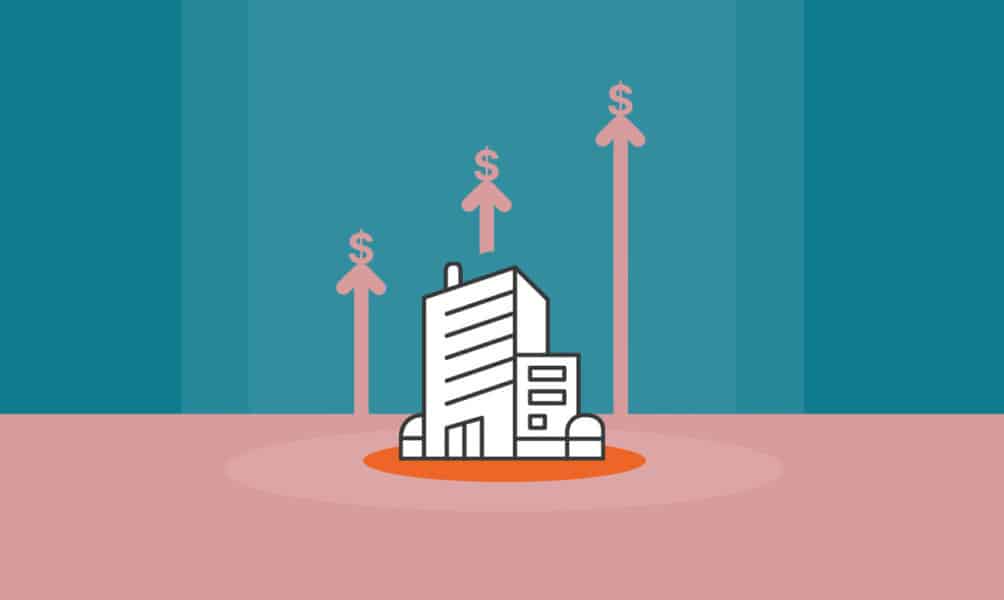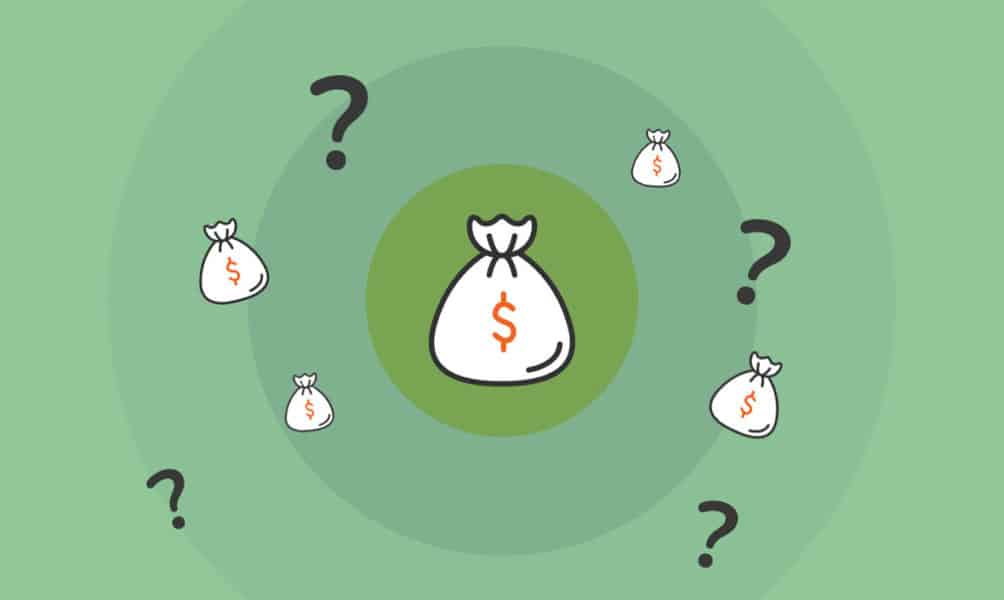If you’re starting an LLC, the business entity formation process is one of the first and most important hurdles. This step can be terribly complex ...
What Is a Sole Proprietorship?
Written by: Carolyn Young
Carolyn Young is a business writer who focuses on entrepreneurial concepts and the business formation. She has over 25 years of experience in business roles, and has authored several entrepreneurship textbooks.
Edited by: David Lepeska
David has been writing and learning about business, finance and globalization for a quarter-century, starting with a small New York consulting firm in the 1990s.
Published on February 4, 2022

If you’re starting a business, the type of business entity you choose is absolutely crucial. One of your options is a sole proprietorship. If you’ve already started doing business and have not formed a business entity, you’re most likely operating as a sole proprietorship.
Sole Proprietorship
A sole proprietorship is the simplest type of business entity to have and operate. It is a business with one owner that is not incorporated and has not chosen to operate as another type of business entity, such as a limited liability company (LLC).
If you operate a business on your own and don’t officially register as any type of business entity, your business is automatically considered a sole proprietorship. There is no paperwork to file. You and the business are the same in a sole proprietorship, and you, the owner, are personally liable for its debts and obligations.
In a sole proprietorship, the name of the business is your name, unless you register a DBA, or “doing business as”. A DBA is a name registered for a company to do business under that is not it’s legal business name. A DBA name is also sometimes called a fictitious name or a trade name.
Forming a Sole Proprietorship
To form a sole proprietorship, you simply need to start doing business. But depending on your location and type of business, you may also need certain licenses and permits. Check with your state and municipality to find out what is required.
Forming a sole proprietorship is the least expensive and easiest type of business entity to form. But if you want to do business under a name other than your own, you need to register a DBA with your state.
How a Sole Proprietorship Is Taxed
A sole proprietorship is considered a “pass-through” entity, which means income passes through the business to the owner. The business itself does not pay taxes. Rather, the sole proprietor reports the business income on their personal tax return and pays taxes at their personal income tax rate.
When you file your taxes, you will fill out a Schedule C to report your business income. You can use your social security number for tax purposes unless you have employees, in which case you will need an Employer Identification Number (EIN). You can apply for your EIN online or by mail or fax.
You’ll also be responsible for paying self-employment taxes, and if you have employees, you’ll also pay payroll taxes.
Advantages of a Sole Proprietorship
There are several advantages to operating as a sole proprietorship.
If you have a sole proprietorship, you have full control of the business. There can be no other owners, so you can hire employees, make strategic decisions, and operate the business without the oversight or input of anyone else.
There is no paperwork to file, as there is with an LLC or corporation. There are also no annual filing requirements or annual fees.
The main advantage of a sole proprietorship is pass-through taxation. The business itself is not taxed, unlike a corporation that must pay corporate income tax.
You also don’t need to open a business bank account for a sole proprietorship since you don’t have to keep your personal and business finances separate. You may still want to have a business bank account, however, so that your finances are tracked separately.
Disadvantages of a Sole Proprietorship
The main disadvantage of a sole proprietorship is that there is no personal liability protection. In an LLC or corporation, the owners are not personally liable for the debts or obligations of the company. In a sole proprietorship, you and the business are the same, so you’re personally liable for all obligations of the company. This means that if your business is sued or falls into debt, your personal assets, including your home, are at risk.
It can also be difficult for a sole proprietorship to get funding. Investors will not invest in a sole proprietorship because they can take no equity ownership since there can only be one owner. Banks are also sometimes hesitant to issue credit to a small sole proprietorship.
Can I Convert My Sole Proprietorship to an LLC?
You can convert your sole proprietorship to an LLC by filing articles of organization with your state. First, though, you need to check to see if your desired LLC name is already taken. You can do a business name search through your secretary of state’s website. Also, if you currently have a DBA, you may have to re-register your DBA, depending on the requirements of your state. If you have an EIN, you will need to apply for a new one for your LLC.
In Closing
Forming a business is exciting, but there are many factors to consider, including which type of business entity is right for you. A sole proprietorship offers many benefits, but it has the disadvantage of no personal liability protection. An LLC is a popular business structure because it offers personal liability protection as well as pass-through taxation.
If you’re not sure which entity type is right for you, it’s a good idea to speak with an attorney.
What Is a Sole Proprietorship?
- Sole Proprietorship
- Forming a Sole Proprietorship
- How a Sole Proprietorship Is Taxed
- Advantages of a Sole Proprietorship
- Disadvantages of a Sole Proprietorship
- Can I Convert My Sole Proprietorship to an LLC?
- In Closing
Subscribe to Our Newsletter
and gain insider access to cutting-edge business insights and trends.
Featured Resources

10 Best LLC Formation Services
Published on August 22, 2022
Read Now

3 Tax Benefits of Forming an LLC
Published on June 9, 2022
If you’re starting a business, one of the first decisions to make is the type of business entity to form. A limited liability company (LLC) is ani ...
Read Now

How Much Does It Cost to Start an LLC?
Published on January 17, 2022
Choosing a business entity type is an important decision when you’re starting a business. If you’re considering a limited liability company(LLC) ...
Read Now
Comments